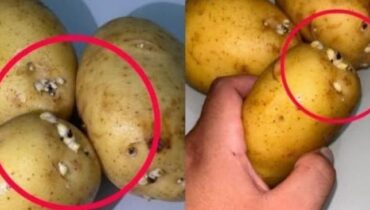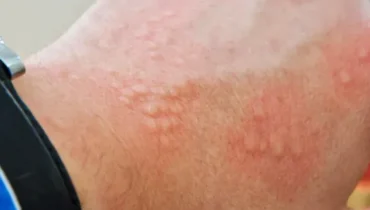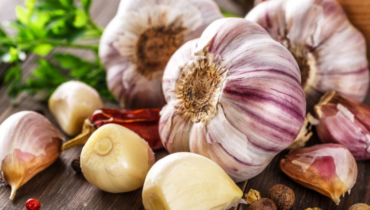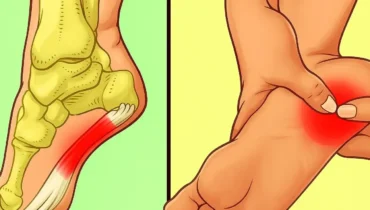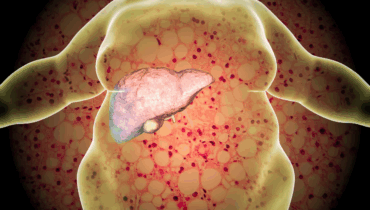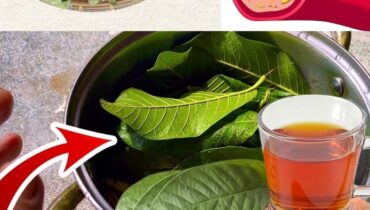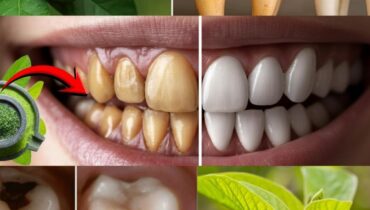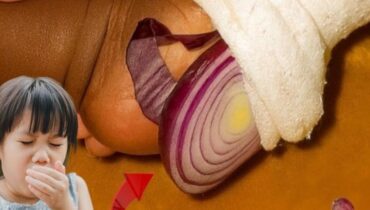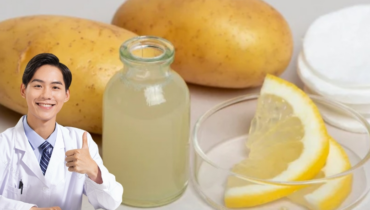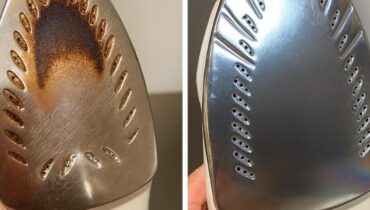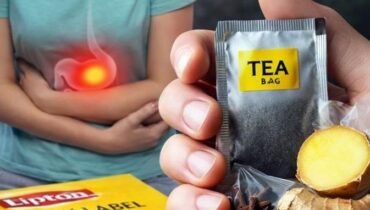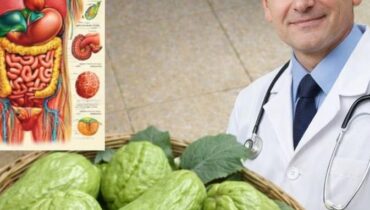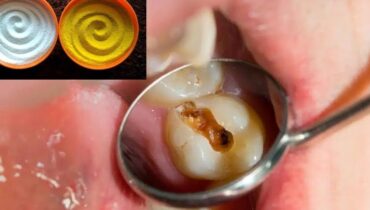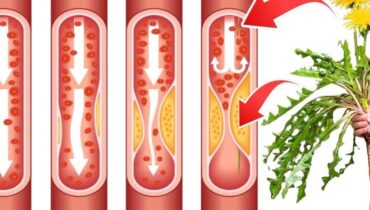📌 The majority of diabetes cases would be reversed if you stopped eating these foods

Posted 8 September 2025 by: Admin
Type 2 diabetes is increasingly affecting younger populations, but many cases can be prevented or even reversed through proper dietary and lifestyle choices.
Foods and Habits to Avoid
-
Fat-free foods: Often high in sugar, they can spike blood sugar and trigger inflammation. Opt for foods with a glycemic index below 70.
-
Processed snacks: Energy bars, candy, and other sugary snacks contribute to cardiovascular problems and arterial damage.
Advertisement: -
Sweetened breakfast foods: Sugar-rich cereals and yogurts provide calories with little nutritional value; choose plain Greek yogurt, eggs, or unsweetened options.
-
Milk and alternatives: Low-fat or sweetened dairy may contain hidden sugars; exercise caution.
-
Fats: Moderate consumption of natural animal fats can be part of a healthy diet; avoid fried foods and margarine. Use healthier oils like olive or flaxseed oil.
Advertisement: -
Sugary drinks: Sodas and artificial juices are strongly linked to diabetes. Diet drinks may trigger sugar cravings without providing nutrients.
Tips for Healthier Choices:
-
Choose minimally processed meats and avoid additives.
Advertisement: -
Maintain a balance between omega-3 and omega-6 fatty acids.
-
Use salt in moderation.
-
Consider intermittent fasting under medical supervision to improve insulin sensitivity.
Advertisement:
Signs of Diabetes That Appear at Night
-
Frequent urination: High blood sugar leads to excess glucose in urine, causing nighttime trips to the bathroom.
-
Night sweats: Often caused by nocturnal hypoglycemia.
-
Hypoglycemia symptoms: Hunger, confusion, blurred vision, and palpitations can occur at night.
Advertisement: -
Restless legs syndrome: High blood sugar can damage nerves, causing discomfort and movement urges.
-
Sleep apnea: Obesity and insulin resistance increase the risk of breathing interruptions during sleep.
-
Increased thirst (polydipsia): High glucose levels dehydrate the body, causing dry mouth and thirst.
Advertisement: -
Fatigue: Insulin resistance prevents cells from accessing glucose efficiently.
-
Dry mouth (xerostomia): Reduced saliva production linked to high blood sugar.
-
Sleep disorders: Insomnia or disrupted sleep may result from hypoglycemia or hyperglycemia.
Advertisement:
Management:
Monitoring blood sugar, maintaining a balanced diet, regular physical activity, proper hydration, and following medical advice are crucial to manage symptoms and improve overall health.



